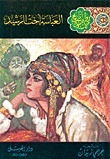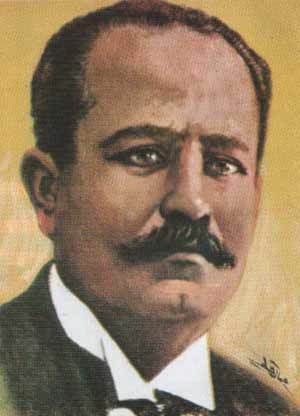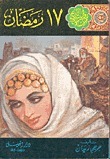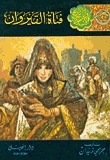
Part of Series
Author

Jurji Zaydan جُرجي زيدان: مفكر لبناني، يعد رائد من رواد تجديد علم التاريخ، واللسانيات، وأحد رواد الرواية التاريخية العربية، وعلم من أعلام النهضة الصحفية والأدبية والعلمية الحديثة في العالم العربي، وهو من أخصب مؤلفي العصر الحديث إنتاجًا. ولد في بيروت عام ١٨٦١م لأسرة مسيحية فقيرة، ورغم شغفه بالمعرفة والقراءة، إلا أنه لم يكمل تعليمه بسبب الظروف المعيشية الصعبة، إلا أنه اتقن اللغتين الفرنسية والإنجليزية، وقد عاود الدراسة بعد ذلك، وانضم إلى كلية الطب، إلا أنه عدل إكمال دراسته فيها، وانتقل إلى كلية الصيدلة، وما لبث أن عدل عن الدراسة فيها هي الأخرى، ولكن بعد أن نال شهادة نجاح في كل من اللغة اللاتينية والطبيعيات والحيوان والنبات والكيمياء والتحليل. سافر إلي القاهرة، وعمل محررًا بجريدة الزمان اليومية، انتقل بعدها للعمل كمترجم في مكتب المخابرات البريطانية بالقاهرة عام ١٨٨٤م، ورافق الحملة الإنجليزية المتوجهة إلى السودان لفك الحصار الذي أقامته جيوش المهدي على القائد الإنجليزي «غوردون». عاد بعدها إلى وطنه لبنان، ثم سافر إلى لندن، واجتمع بكثير من المستشرقين الذين كان لهم أثر كبير في تكوينه الفكري، ثم عاد إلى القاهرة، ليصدر مجلة الهلال التي كان يقوم على تحريرها بنفسه، وقد أصبحت من أوسع المجلات انتشارًا، وأكثرها شهرة في مصر والعالم العربي. كان بالإضافة إلى غزارة إنتاجه متنوعًا في موضوعاته، حيث ألَّف في العديد من الحقول المعرفية؛ كالتاريخ والجغرافيا والأدب واللغة والروايات، وعلي الرغم من أن كتابات زيدان في التاريخ والحضارة جاءت لتتجاوز الطرح التقليدي السائد في المنطقة العربية والإسلامية آنذاك والقائم على اجترار مناهج القدامى ورواياتهم في التاريخ دون تجديد وإعمال للعقل والنقد، إلا أن طرحه لم يتجاوز فكرة التمركز حول الغرب الحداثي (الإمبريالي آنذاك)، حيث قرأ التاريخ العربي والإسلامي من منظور استعماري (كولونيالي) فتأثرت كتاباته بمناهج المستشرقين، بما تحمله من نزعة عنصرية في رؤيتها للشرق، تلك النزعة التي أوضحها بعد ذلك جليًّا المفكر الأمريكي الفلسطيني المولد إدوارد سعيد في كتابه «الاستشراق». رحل عن عالمنا عام ١٩١٤م، ورثاه حينذاك كثير من الشعراء أمثال أحمد شوقي، وخليل مطران، وحافظ إبراهيم.


